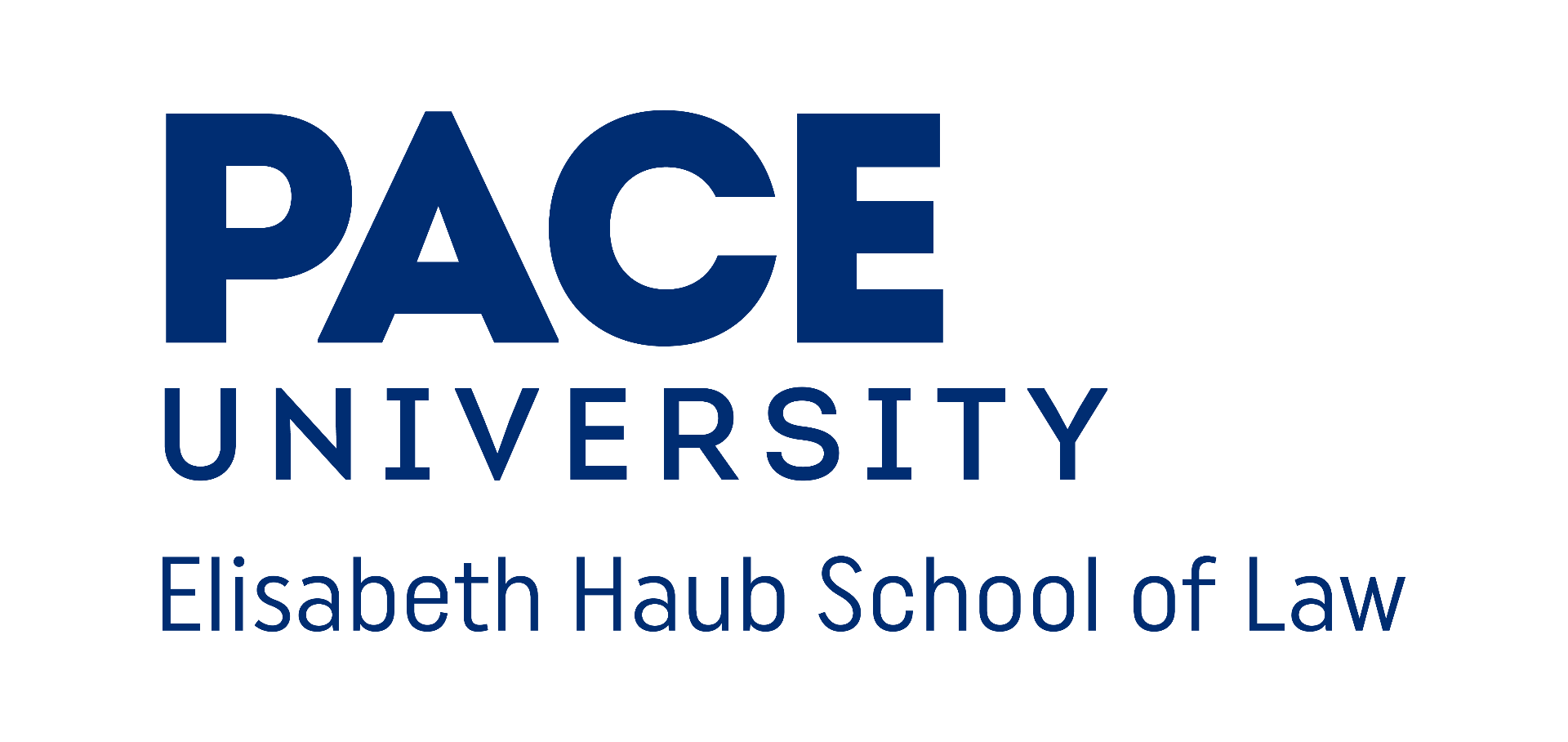This month we will be discussing probably one of the most confusing and worst-named rules… best evidence! If you are flipping through your Federal Rule of Evidence (FRE) book with not a clue as to where “best evidence” appears, then I can promise you that you are not going crazy. Common objection language is “Objection your honor, best evidence” but the actual rule that it stems from is FRE 1002.
Rule 1002. Requirement of the Original states, “[a]n original writing, recording, or photograph is required in order to prove its content unless these rules or a federal statute provides otherwise.”[1] Now, what is important to understand about this rule is essentially this: if you are going to be discussing the contents of something, you usually must produce it. People often get confused because they think best evidence means exactly what it says. While sometimes the document, photograph, or recording may be the clearest way to make the record, that is something that goes to the weight of the evidence in the jury’s minds and not its admissibility. Remember that witnesses can always testify to things they have personal knowledge of (so long as those things are relevant to the case).
For example, let’s say you go to the grocery store – while you’re there, you purchase a Diet Coke, a bag of popcorn, and a pack of gum. Fast forward six months and let’s say you’re on the stand testifying during a trial. You have personal knowledge of what you bought at the grocery store, so you can testify to what you bought without the receipt for the items needing to be introduced into the record. While the jury may put more weight onto an authenticated document, rather than a human being on the stand, that doesn’t mean it’s a violation of best evidence. But the second a question is asked about the contents of the receipt, in terms of the receipt itself, then the receipt will need to be produced. The Advisory Committee on Proposed Rules has stated a few more examples of this in its notes:
Application of the rule requires a resolution of the question whether contents are sought to be proved. Thus an event may be proved by nondocumentary evidence, even though a written record of it was made. If, however, the event is sought to be proved by the written record, the rule applies. For example, payment may be proved without producing the written receipt which was given. Earnings may be proved without producing books of account in which they are entered. McCormick §198; 4 Wigmore §1245. Nor does the rule apply to testimony that books or records have been examined and found not to contain any reference to a designated matter.[2]
What exactly falls into the realm of personal knowledge? FRE 602 has the answer! Rule 602. Need for Personal Knowledge states “[a] witness may testify to a matter only if evidence is introduced sufficient to support a finding that the witness has personal knowledge of the matter. Evidence to prove personal knowledge may consist of the witness’s own testimony. This rule does not apply to a witness’s expert testimony under Rule 703.”[3]
It is very important to note that the actual original document/photograph/recording need not be produced in that duplicates (aka – copies) are admissible under FRE 1003. Rule 1003. Admissibility of Duplicates states “[a] duplicate is admissible to the same extent as the original unless a genuine question is raised about the original’s authenticity or the circumstances make it unfair to admit the duplicate.”[4]
There is one exception to the best evidence rule, which was touched up on FRE 602. As with a lot of exceptions in the FRE, this falls in the realm of experts. Experts will be covered in depth in a separate blog post to come in 2023; however, it is important to touch upon FRE 703 in terms of best evidence. Rule 703. Bases of an Expert states:
An expert may base an opinion on facts or data in the case that the expert has been made aware of or personally observed. If experts in the particular field would reasonably rely on those kinds of facts or data in forming an opinion on the subject, they need not be admissible for the opinion to be admitted. But if the facts or data would otherwise be inadmissible, the proponent of the opinion may disclose them to the jury only if their probative value in helping the jury evaluate the opinion substantially outweighs their prejudicial effect.[5]
The advisory committee notes that “… Rule 703… allows an expert to give an opinion based on matters not in evidence, and the present rule must be read as being limited accordingly in its application.”[6]
Understanding best evidence takes time, but as long as you remember that witnesses can testify to their personal knowledge and unless the document/photograph/recording is being referenced in terms of its content, it does not have to be introduced.
[1] Fed. R. Evid. 1002.
[2] Fed. R. Evid. 1002 advisory committee’s note.
[3] Fed. R. Evid. 602.
[4] Fed. R. Evid. 1003.
[5] Fed. R. Evid. 703 (emphasis added).
[6] Fed. R. Evid. 1003 advisory committee’s notes.

Great article Ashley! This was really helpful as I always found Best Evidence a bit confusing, and we are learning about it right now in my Evidence Course, so it is a great supplement!
People often get confused because they think best evidence means exactly what it says. you are right…!!!